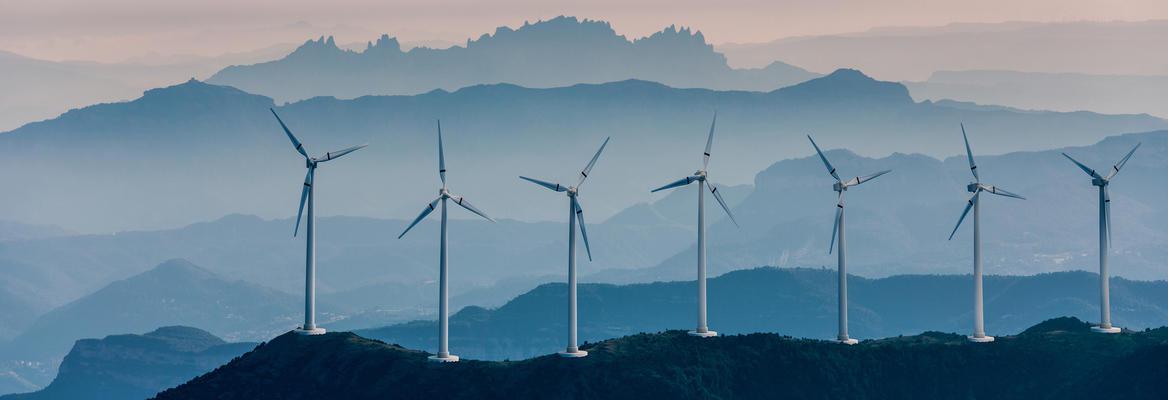Even before Russia’s attack on Ukraine, pressures to curtail the use of fossil fuels was resulting in energy shortages requiring countries to continue or resume reliance on them. Now more than ever, it is imperative that nations lessen their dependence on coal, oil, and gas.
But countries simply cannot afford to stop using fossil fuels in the absence of acceptable alternatives. Even European leaders advocating climate change mitigation have been faced with energy shortages and forced to expand their use of fossil fuels.
Fossil fuel providers have been taking full advantage of this situation, continuing to maintain shortages that cause inflationary pressures on their customers, thus giving the producers opportunities to force policy changes on other issues from them.
The vast majority of the science and environmental communities have determined that transition to clean energy is crucial for avoiding a global climate catastrophe, since exploring and burning fossil fuels constitute more than 70% of greenhouse gas emissions.
The emphasis of those communities on immediate action, however, to end all fossil fuel exploration or additions fails to take into account the enormous complications and risks involved in the transition. Until recently, the economies of the world have depended entirely on fossil fuels for their industries, transportation, heating and cooling their homes, supporting their agriculture and cooking their food.
Requisites for Successful Transition to Clean Energy
To provide for a successful transition, the following requisites are essential.
Reliable and affordable clean energy alternatives must first be available. In the U.S., it would require Congress to adopt the essential elements of the climate provisions of President Biden’s Build Back Better legislation.

Large-scale renewable energy resources that can substantially displace fossil fuels will have to be located where there are ample, large, and highly dependable solar resources, probably on deserts, and wind resources must be located on remote mountaintops and offshore installations.
In both cases of solar and wind, the energy provided will have to be transmitted to populated locations, often on transmission lines that have to be updated. Job training and placement will have to be provided to the thousands of workers presently employed by the fossil fuel industry who will be displaced, and benefits provided to displaced workers who cannot be immediately employed.
No country is going to undergo the economic disruption that premature action on abandoning fossil fuels would incur. The Russian invasion of Ukraine, threatening severe shortages and soaring prices for fossil fuels, will greatly complicate the transition.It will force countries that are dependent on Russian and Crimean fossil fuels to scramble for alternative energy sources while at the same time accelerating their transition efforts to substitute clean energy resources for them.
China and U.S. Are Backsliding
The U.S and China, by far the largest greenhouse gas polluters, have faced particular pressure to accelerate the phase-out of fossil fuels. In both cases, however, the economic consequences have been too great to comply.
In the past two years, China has greatly increased its use of coal. The U.S. has been required to use its oil reserves, to allow oil drilling in its Gulf shore and protected areas, and to call on the OPEC countries to increase their oil production because of severe inflation attributable, in part, to energy shortages.
Both the U.S. and China, however, strive to be world leaders in climate change mitigation. Both have made substantial climate mitigation commitments and have taken leadership actions.
China has become the world leader in renewable energy installations and in promoting electric cars and bicycles. The Biden administration has declared climate mitigation as a top priority and has taken steps to reverse many of the Trump administration anti-climate mitigation measures.
No country has done the step-by-step planning needed for a successful transition. Pressing them to order fossil fuel phase-outs prematurely, without such planned execution, is a formula for failure.
This article does not necessarily reflect the opinion of The Bureau of National Affairs, Inc., the publisher of Bloomberg Law and Bloomberg Tax, or its owners.
Write for Us: Author Guidelines
Richard Ottinger is dean emeritus at the Elisabeth Haub School of Law at Pace University and founder of the Pace Energy & Climate Center. He was a Democratic representative in Congress for 18 years, serving as chairman of a House energy subcomittee. He is editor-in-chief of the UNEP Guide for Energy Efficiency & Renewable Energy Laws.




